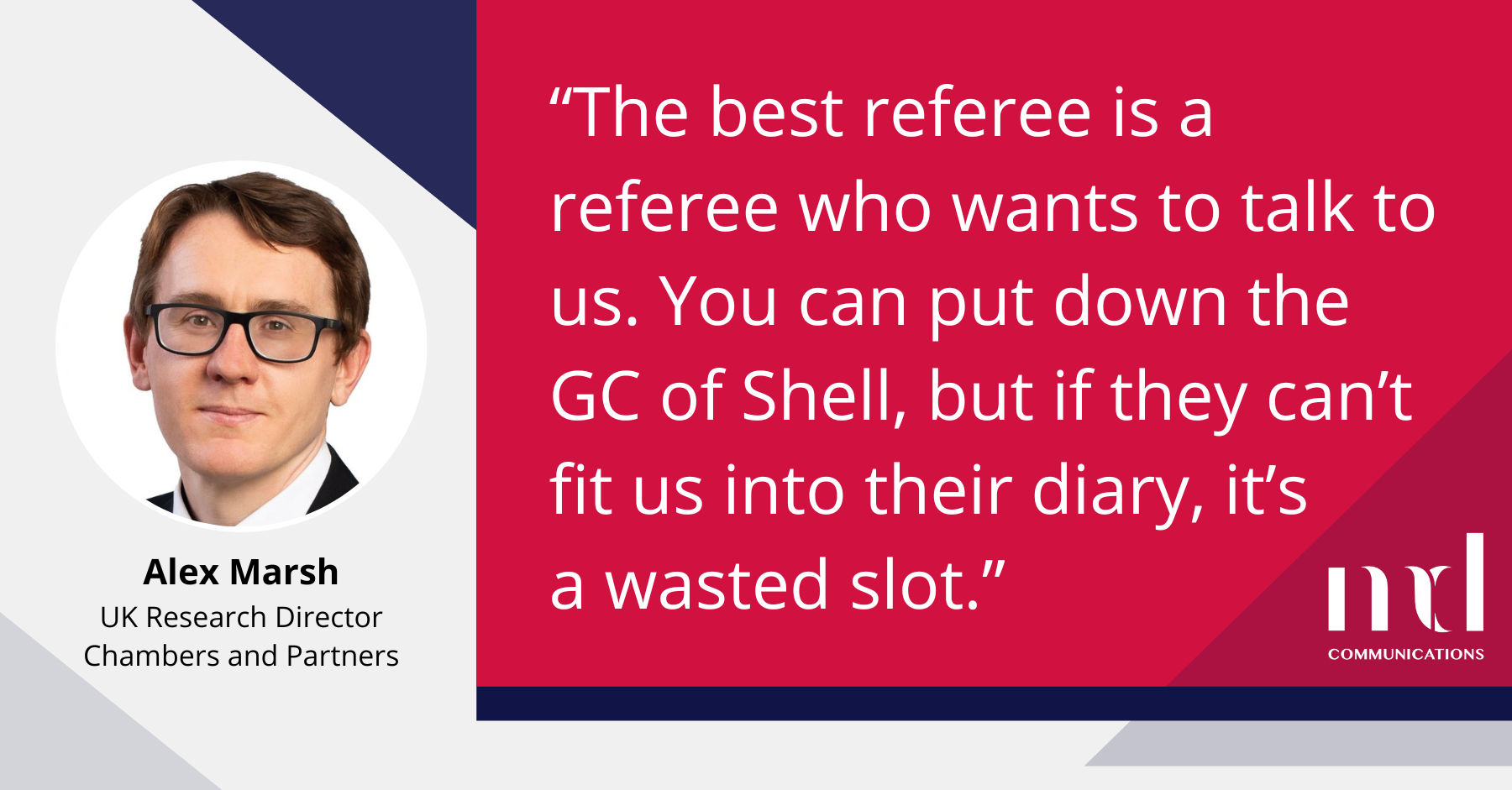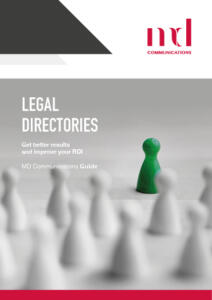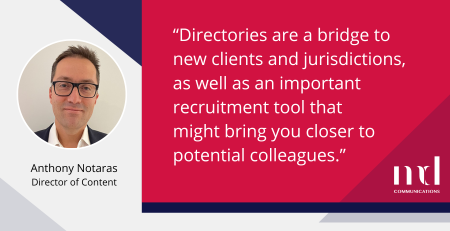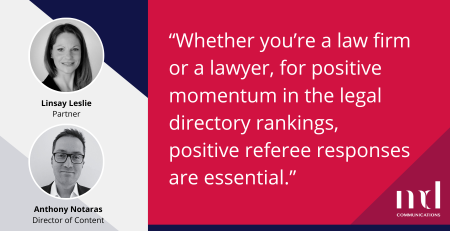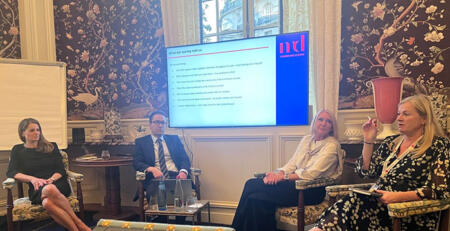Partner and Head of Directories Linsay Leslie chats to Al Marsh, UK Research Director at Chambers and Partners, about his expert advice for a successful directory submission.
With UK firms deep in legal directory submissions, and having been in-house for many years and dealing with the pressure of deadlines, I wanted to share some easy to follow guidance that will make a difference.
I asked Al Marsh, Chambers and Partners UK Research Director, if he would answer a few of my questions. Al and his team are always incredibly helpful. True to form, his answers say it all!
If you are involved in Chambers submissions, please take a few minutes to read the following advice from Al, in his words:
Linsay: What are your top three tips for UK law firms for the upcoming Chambers and Partners UK submissions and referees? What are the three biggest mistakes to avoid with UK submissions and referees?
Al: I will lump these together as not following the tip is the mistake:
- The best referee is a referee who wants to talk to us. You can put down the GC of Shell if you want, but if they can’t fit us into their diary, it’s a wasted slot. Perhaps there is someone a rung or two down from the GC who might have more availability…
- Most of our practice areas have (we think) relatively self-explanatory practice area definitions. M&A, banking, real estate – generally most firms find these easy to provide relevant work highlights for. Tables relating to industry sectors, however, tend to be a bit more prone to submissions containing work that we don’t think is relevant. Retail and sport are two classic examples. I’d advise anyone trying to submit to a table about an industry sector to check the practice area definition and read the editorial for some of the more highly ranked firms to have more of an idea of what we might hope to see. To take an extreme example, if you’re advising football players on their divorces, filing a submission for Sport won’t achieve very much.
- Include matter values as much as you can. It may not be as relevant for, eg, Data Protection, but not including matter values in transactional sections like M&A or Private Equity makes it more difficult for the research team to judge you and ultimately harms you more than putting a small value would have done (often firms will wrongly assume that not putting a value at all is better than putting a small one). You should make use of the confidential section of the submission as much as possible: if putting it in the confidential part means that you can reveal the value – or a value range – then you absolutely should. You may have 19 confidential matters and only on publishable matter if you wish. The only aspect of the research that this affects is that we can’t use confidential matters in editorial.
Linsay: Are there any changes firms should look out for this year?
Al: We have made a great many changes to the guide over the last few years. Our newest tables are Restructuring/Insolvency: Disputes and Employment: High Court Litigation. Many other existing tables have been reconfigured in some way, including by having additional bands added and allowing firms from outside of London to submit to them. Capital Markets, Investment Funds and Sanctions are just examples of the many areas affected.
There are so many other changes that there are too many to list here, so I do encourage firms to read the articles on our website going into more detail about things like allowing submissions for Competition Litigation for the first time, or asking for submissions for Fund Finance, and many other developments.
Firms in Bournemouth should be aware that we are now categorising it as within the South West rather than the South. This is to make our regional distinctions more consistent and predictable, by including all of a county within a region. In this instance it is so that we can include all of Dorset in the South.
Our DEI Champions table is still relatively new. It is our only table that ranks lawyers for their contribution to society as opposed to their legal ability. This year we are allowing lawyers to nominate each other for the first time. Again, see our website for more details.
Linsay: What advice do you have for ensuring top client referee engagement?
Al: As above, do not try to impress us by putting down a senior member of staff who might not be responsive. Beyond this, be aware that we are constantly fighting a battle against firewalls and spam filters.
Unlike many of our competitors, we conduct tens of thousands of client interviews by phone, but our initial contact is by email. These can fall foul of spam filters. If you have a close relationship with a client you could consider asking them to add @chambers.com to their safe senders list. Beyond that, they can look out for an email from the researcher (it will come from them personally) during the month/s of research. Firms can either check the schedule on the website, or access more accurate updates from the Referee Management Tool product.
To find out more how we can support your directory submissions, take a look at our website or get in touch with Linsay.


